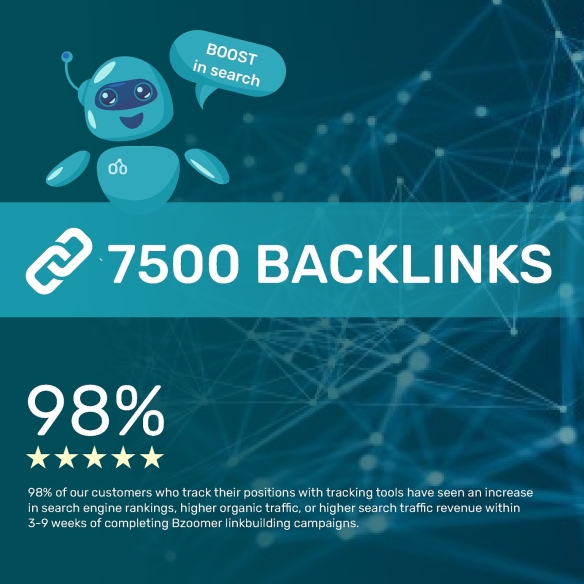For many automotive enthusiasts and business owners, purchasing vehicles at auctions can offer significant advantages, including access to a wide variety of cars at competitive prices. However, to participate in dealer-only auctions, you need a dealer license. This comprehensive guide will walk you through the process of obtaining such a license, ensuring you understand the necessary steps, legal requirements, and best practices. So, How do I get a license to buy cars at auctions? Let's explore the details.
Understanding the Dealer License
A dealer license is a legal authorization that allows individuals or businesses to buy and sell vehicles at auctions. This license is typically required to access dealer-only auctions, where vehicles are sold at lower prices compared to public auctions. With a dealer license, you can purchase cars in bulk, which is particularly beneficial for those in the automotive sales industry.
Benefits of Obtaining a Dealer License
Securing a dealer license provides several advantages:
- Access to Exclusive Auctions: Only licensed dealers can participate in dealer-only auctions, gaining access to a broader range of vehicles.
- Cost Savings: Vehicles at dealer auctions are often sold at wholesale prices, allowing you to save money and increase your profit margins.
- Increased Inventory: A dealer license enables you to expand your inventory by purchasing multiple vehicles at once.
- Networking Opportunities: Being a licensed dealer allows you to connect with other industry professionals, fostering valuable business relationships.
Legal Requirements for a Dealer License
While the specific requirements for obtaining a dealer license vary by state, some common prerequisites include:
- Business Location: You must have a dedicated business location that meets state-specific zoning and signage requirements.
- Business Entity: Establish a legal business entity, such as a corporation or LLC, and register it with the state.
- Surety Bond: Many states require a surety bond as part of the licensing process to protect consumers and other dealers.
- Background Check: Applicants often need to undergo a criminal background check to ensure they have no disqualifying offenses.
- Insurance: Proof of liability insurance is typically required to cover the business operations.
Step-by-Step Process to Obtain a Dealer License
The application process for a dealer license generally involves the following steps:
-
Research State Requirements: Begin by researching the specific requirements in your state. This information can usually be found on the state's Department of Motor Vehicles (DMV) or equivalent website.
-
Prepare Documentation: Gather all necessary documentation, which may include:
- Proof of business entity formation (e.g., Articles of Incorporation)
- Business location details and lease agreement
- Surety bond and insurance documentation
- Completed application form
- Fingerprints and consent for background check
-
Complete Pre-Licensing Education: Some states require applicants to complete a pre-licensing education course covering relevant laws and regulations.
-
Submit Application: Submit your completed application along with the required documentation and fees to the appropriate state agency.
-
Inspection: Your business location may be subject to an inspection by state officials to ensure it meets all zoning and regulatory requirements.
-
Receive License: If your application is approved, you will receive your dealer license, allowing you to legally operate as a vehicle dealer.
Tips for Successfully Obtaining Your Dealer License
Navigating the process of obtaining a dealer license can be complex, but these tips can help you succeed:
- Stay Organized: Keep track of all required documents and deadlines to ensure a smooth application process.
- Seek Professional Advice: Consider consulting with a legal or business professional who specializes in dealer licensing to ensure compliance with all regulations.
- Be Thorough: Double-check your application for completeness and accuracy before submission to avoid delays or rejections.
Maintaining Compliance with Your Dealer License
Once you have obtained your dealer license, maintaining compliance with state regulations is crucial to avoid penalties and ensure the longevity of your business. Key aspects of maintaining compliance include:
- Record-Keeping: Maintain accurate records of all transactions, including vehicle purchases and sales, to comply with state audit requirements.
- Renewal: Stay aware of your license renewal date and complete the renewal process on time to avoid lapses in your license.
- Continuing Education: Some states require ongoing education to keep your license active and ensure you are up-to-date with industry regulations.
Best Practices for Buying Cars at Auctions
With your dealer license in hand, buying cars at auctions becomes a more structured and strategic process. Here are some best practices to keep in mind:
- Set a Budget: Determine your budget before attending the auction to avoid overspending.
- Inspect Vehicles: Whenever possible, inspect the vehicles before bidding to assess their condition and value.
- Research Market Prices: Know the market value of the vehicles you are interested in to make informed bidding decisions.
- Attend Multiple Auctions: Regularly attend various auctions to increase your chances of finding the best deals.
- Network with Other Dealers: Build relationships with other dealers to gain insights and share information about upcoming auctions and vehicle values.
By understanding the steps and legal requirements involved, you can confidently answer the question, How do I get a license to buy cars at auctions? This guide provides the necessary information to navigate the complexities of obtaining a dealer license, ensuring you are well-prepared to enter the world of car auctions and take advantage of the opportunities it presents.



